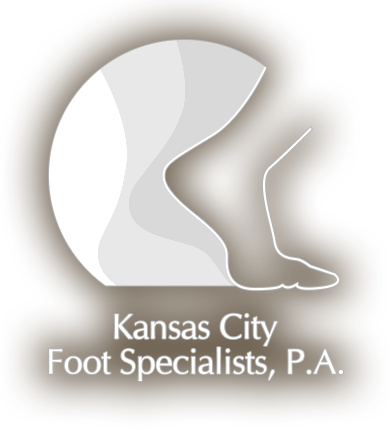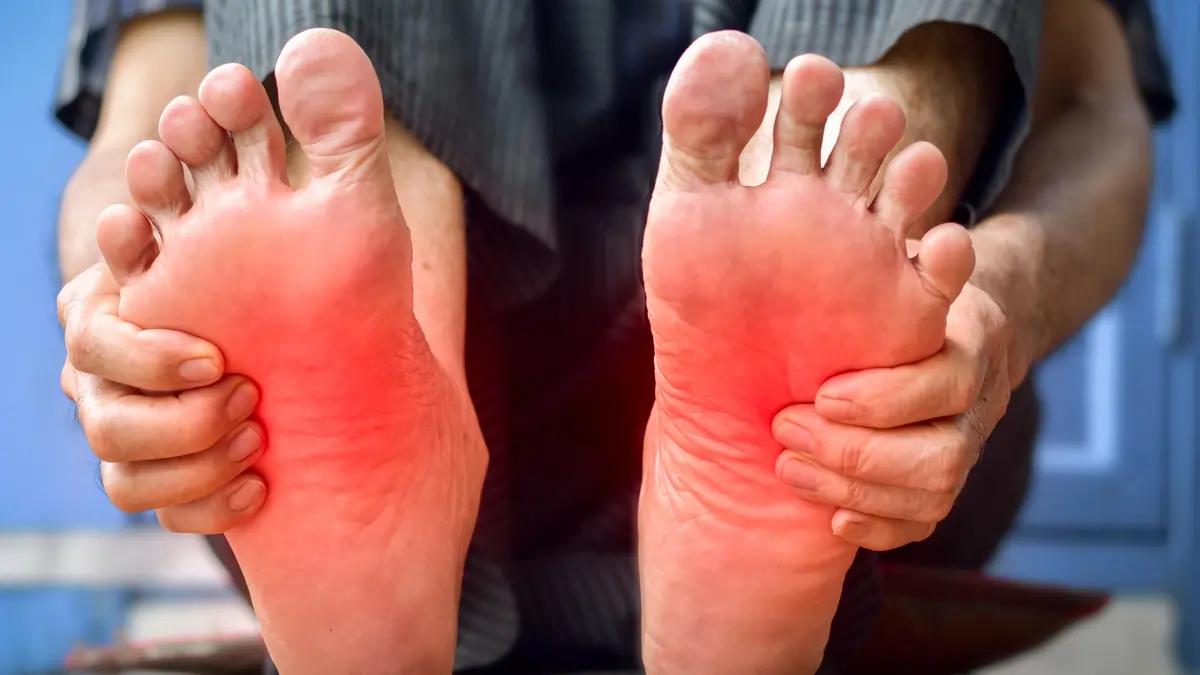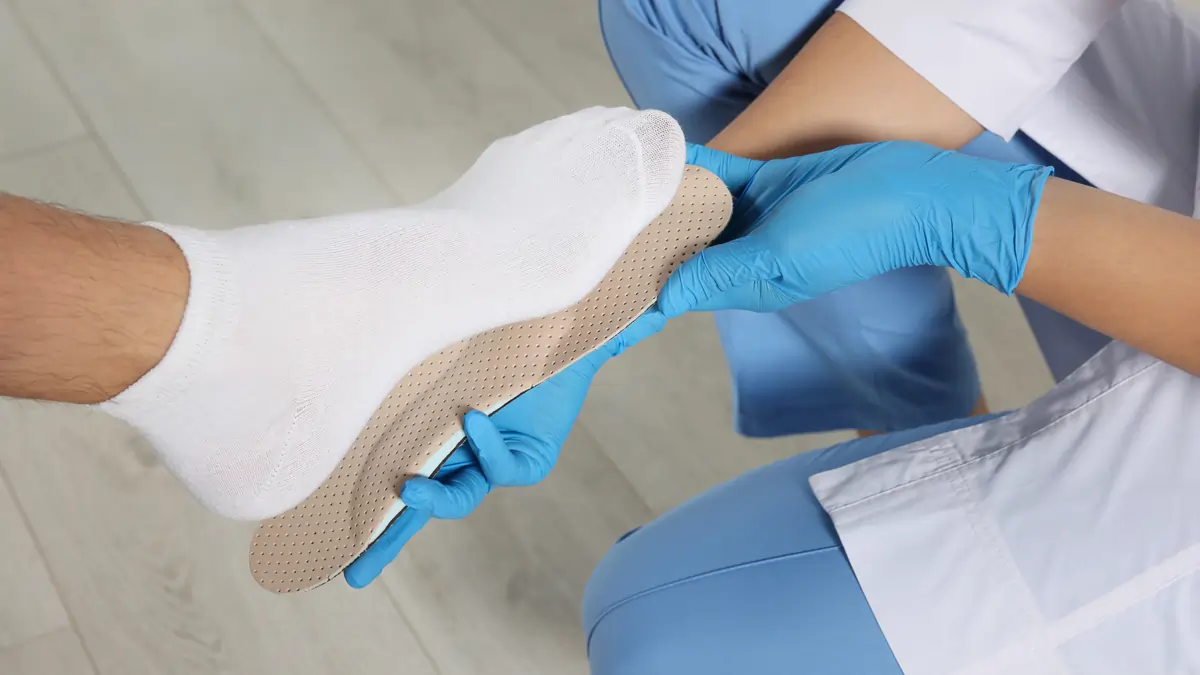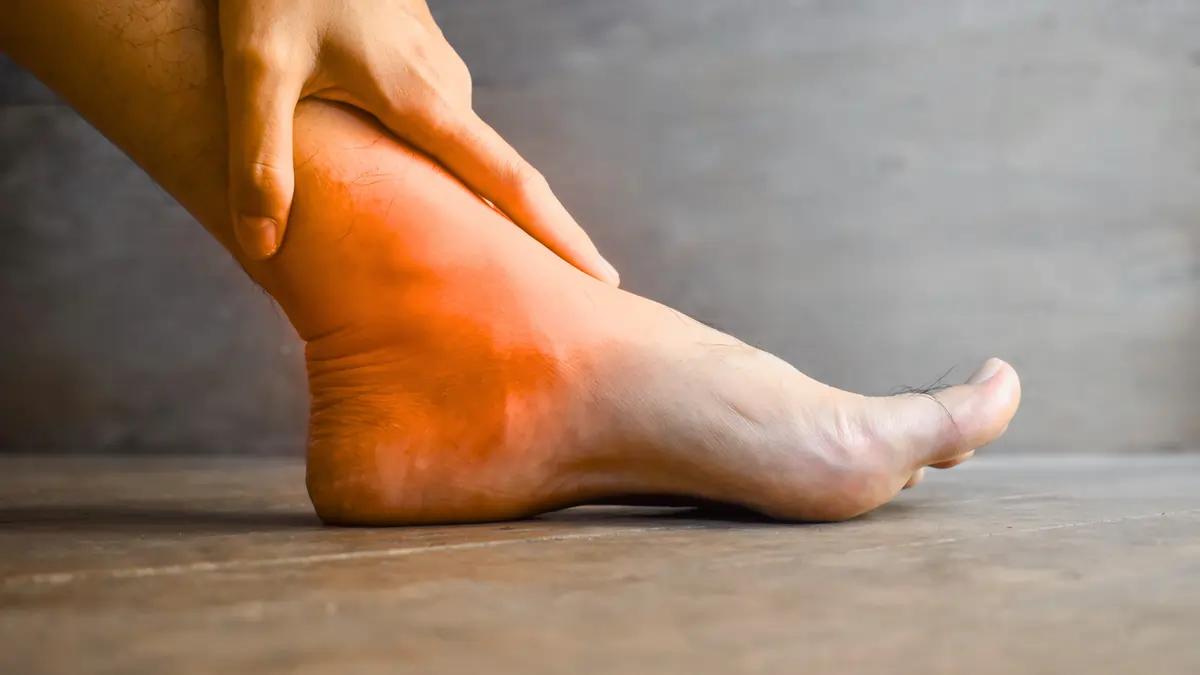Either way, it’s your right as a runner to know more about how barefoot running works to determine if this running style is ideal for you. Here is a list of the most common FAQs associated with barefoot and minimalist running.
Does barefoot running really result in fewer injuries?
The best way to lower your risk for injuries in any type of sport or exercise is to practice proper form. Since the concept of minimalist running is relatively new in the US, there is very little evidence that shows that barefoot running is more beneficial than running in traditional athletic shoes. Some advocates say that minimalist running results in fewer knee problems and shin splint injuries, whereas others say the running method puts more strain on the Achilles tendon.
Is barefoot running ideal in cold temperatures?
If you’re literally running barefoot, it’s best to avoid doing so in cold temperatures to avoid slipping and falling or getting frostbite. But if you’re practicing “barefoot” running in minimalist shoes, you can get away with running in cold temperatures as long as your feet feel warm and protected.
Are Vibram Five Fingers shoes the best option for minimalist running?
Five Fingers shoes manufactured by Vibram are currently one of the top brands for minimalist running, but are not advised for use by individuals with latex allergies, since the shoes contain trace amounts of latex.
Is it a good idea to wear socks with minimalist running shoes?
Socks can help absorb sweat, provide warmth and comfort, and can reduce friction on certain parts of your feet when running. Most podiatrists recommend that athletes wear socks at all times to reduce the risk for injuries and other common foot ailments. If you choose Vibram Five Fingers shoes, you can even purchase socks that have individual toe sleeves.
Can I put orthotics into my minimalist running shoes?
According to Dr. Larry Maurer, a podiatrist and barefoot-running consultant for Brooks footwear, minimalist runners may not want to add orthotics to their minimalist shoes since it defeats the purpose and concept of barefoot running. However, Dr. Maurer does suggest that runners interested in reducing the weight of their shoes can purchase minimalist shoes and add orthotic inserts in an effort to improve their biomechanics.
Should I practice literal barefoot running without any shoes at all?
While some runners and athletes swear by true barefoot running, many podiatrists advise against the practice because it increases your risk for cuts, puncture wounds, and bacterial infection. If you do insist on barefoot running, run on a track where you can clearly see what you’re stepping in to reduce the risk for foot disorders.
Are you interested in barefoot running or have suffered an injury from barefoot running? Call Kansas City Foot Specialists to schedule an evaluation at (913) 338-4440, or request an appointment online so we can determine the true cause of your injury and get you back on your feet.



